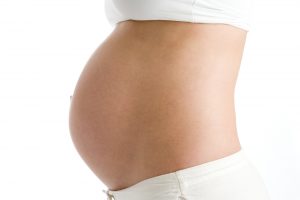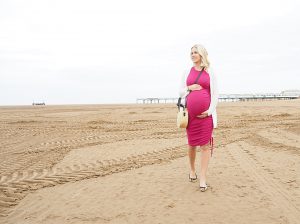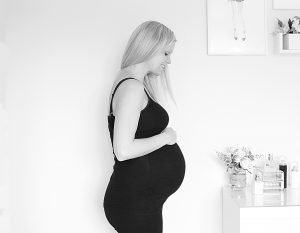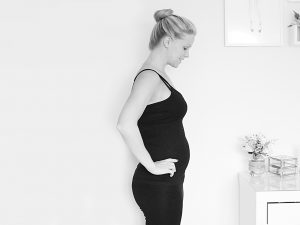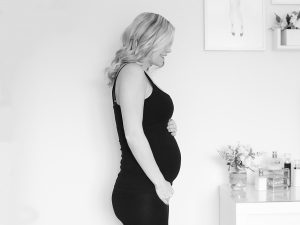Are you wondering if you might be pregnant? While some women can predict their pregnancy even before taking a test, others may not have obvious signs or symptoms. That’s why it’s important to know what early signs of pregnancy look like so that you can recognize them and get appropriate care. In this blog post, we’ll discuss the common indicators of pregnancy in its earliest stages so that you are aware of what to be looking for – whether this is your first time expecting or not!
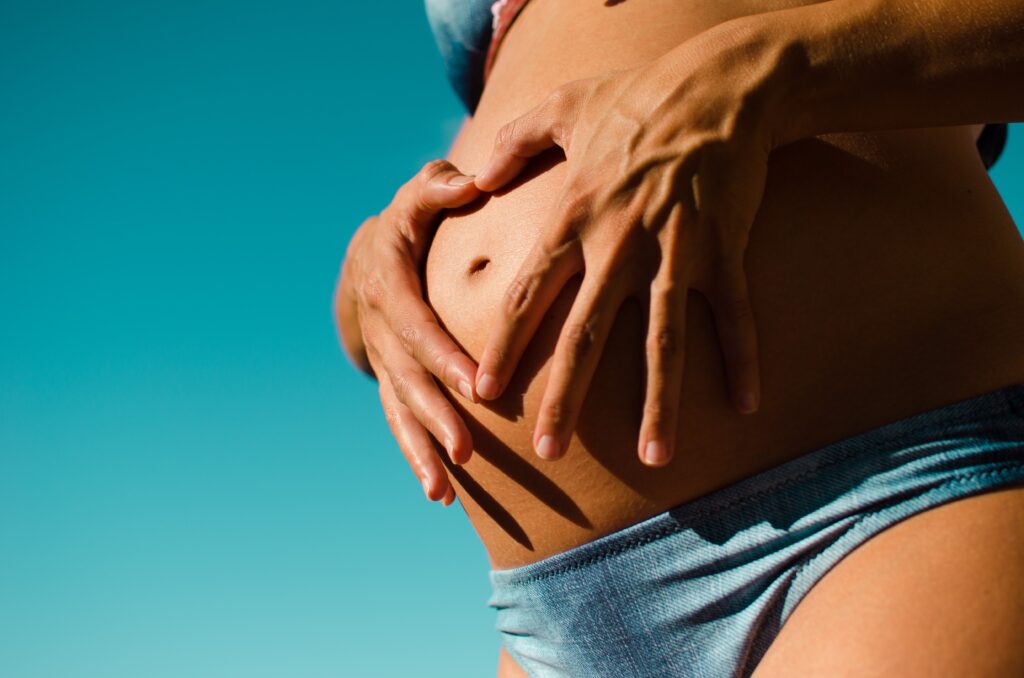
Taking a Home Pregnancy Test
Home pregnancy tests are usually the first step in confirming a pregnancy. These tests work by detecting the hormone human chorionic gonadotropin (hCG) in the urine, which is produced in larger amounts after an embryo implants in the uterus. The most accurate time to take a pregnancy test is a week after a missed period.
However, some sensitive tests can detect hCG as early as 8 days post-ovulation. One line on the test means negative, while two lines usually indicate that you are pregnant, but to confirm the results, it’s recommended to take a second test in a few days or consult with your doctor. This is because the hCG levels will continue to rise in early pregnancy, making the results more accurate. Just remember, even a negative pregnancy test can be wrong, so always trust your instincts and pay attention to other symptoms.
Unusual Fatigue
Feeling unusually tired is another common early symptom of pregnancy. This overwhelming tiredness is caused by the increase in the hormone progesterone, which aids in maintaining the pregnancy and assists in the development of the fetus. The body also produces more blood to carry nutrients to the growing baby, which can result in increased sleep and decreased energy levels. It is important to listen to your body during this time.
If you’re feeling tired, make sure to take the time to rest. This symptom usually decreases during the second trimester but may reappear in the third as you begin to carry more weight and experience disrupted sleep. Remember, every pregnancy is different, and you may not experience all these symptoms or may experience them differently. Always consult your healthcare provider if you have concerns.
Nausea and Morning Sickness
One of the most commonly known early signs of pregnancy is nausea, often coupled with vomiting, which is referred to as “morning sickness”. Morning sickness is a condition that can strike at any time of day or night, despite its name. It’s believed to be caused by the rapid increase in the body’s hormone human chorionic gonadotropin (hCG). While some women may feel slight discomfort, others may experience severe nausea and vomiting.
This symptom typically begins around the sixth week of pregnancy but can start as early as four weeks in. It generally subsides by the 14th to 16th week of pregnancy, but in some cases, it can last throughout the entire pregnancy. If you’re experiencing severe morning sickness, don’t hesitate to consult with your healthcare provider, as there are remedies available to help manage this symptom.
Changes in Breast Sensitivity and Size
Another early sign of pregnancy is changes in breast sensitivity and size. Hormonal changes can make your breasts feel tender, sore, or heavier as early as two weeks after conception. Women may also notice that their breasts appear larger and the areolas (the dark circles around the nipples) become darker and larger.
Furthermore, small bumps called Montgomery’s tubercles may appear on the areolas, which is a sign of preparing for breastfeeding. Remember, these changes may vary among women and even from pregnancy to pregnancy in the same woman. If you notice significant changes in your breast sensitivity or size, it could be an indication of early pregnancy. As always, if you have any concerns, it’s best to consult with your healthcare provider.
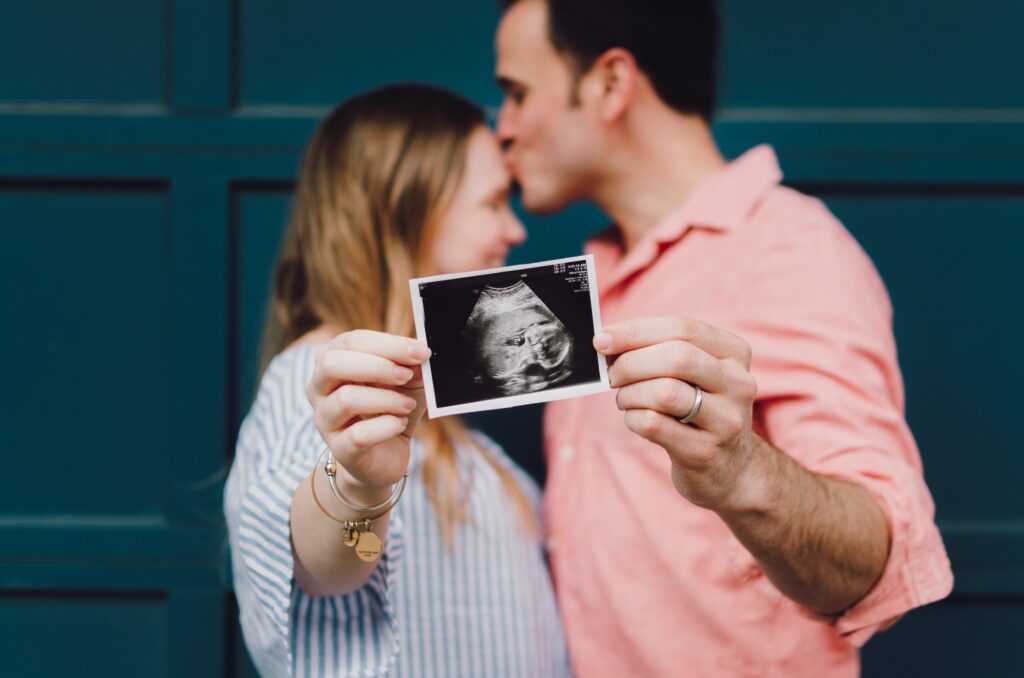
Cravings, Aversions, and the Role of Hormones
Aversions and cravings may also be early indicators of pregnancy. While the exact cause is unknown, these changes in taste preferences are believed to be brought on by hormonal shifts that occur during pregnancy. Some women may start to crave certain foods they previously did not enjoy or suddenly develop an aversion to foods they used to love.
Cravings can range from sweet treats to savory dishes, and sometimes even non-food items – a phenomenon known as pica. On the flip side, food aversions can be so severe that even the thought or smell of these foods can cause nausea. This is hypothesized to be a protective mechanism to steer expecting mothers away from foods that may be harmful to the developing fetus.
Recognizing early pregnancy symptoms can help detect a possible pregnancy. Remember, every woman’s body is different, and not all women will experience the same symptoms or at the same intensity. If you suspect that you may be pregnant, it’s best to take a home pregnancy test or consult with your healthcare provider for confirmation and appropriate care.

